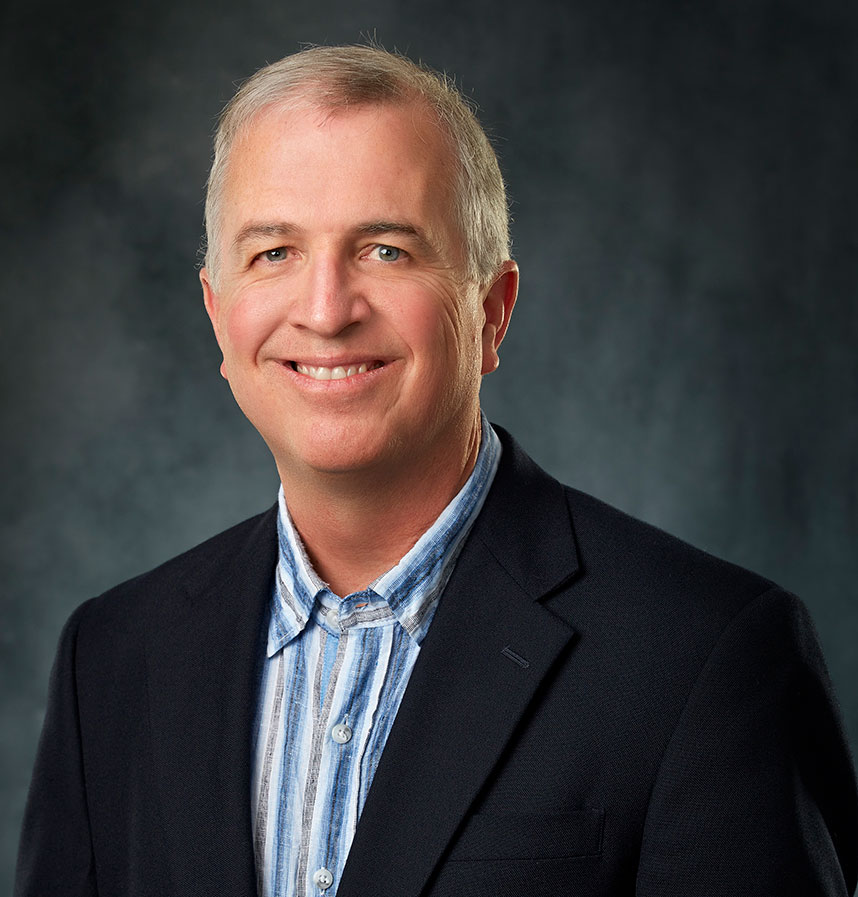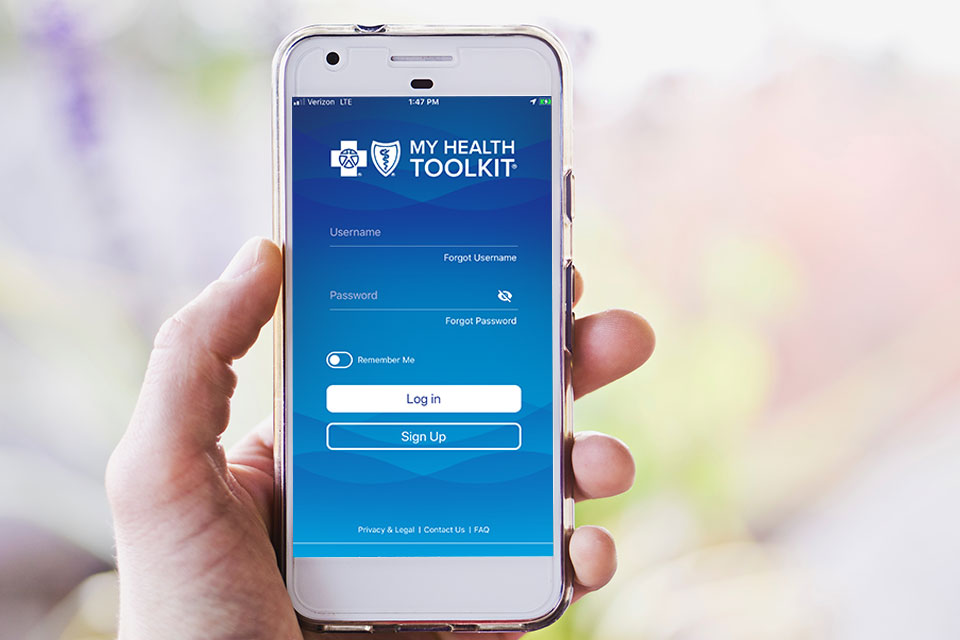Why You Should Finally Find a Primary Care Doctor
Jan. 16, 2020
Maybe one of your health care goals is to find a primary care physician (PCP). Maybe you just want to make sure you are healthy heading into a new decade. Or maybe you haven’t given much thought to having a regular doctor.
Consider that choosing a PCP is an important step toward managing your health care. Here are some reasons you should consider finding a regular doctor and some helpful hints on how to get started.

What is a primary care physician?
PCPs include family doctors, internal medicine specialists, general medicine practitioners, pediatricians and OB-GYNs. Having a primary care doctor is your first step toward managing your health care.
You will visit this doctor for most of your medical needs like routine checkups or sick visits. This doctor will help with your preventive screenings as well. Your PCP is also there to address any of your health concerns and help you manage chronic diseases.
This doctor should routinely check your blood sugar, cholesterol and blood pressure. Your PCP will also make sure you are getting your regular preventive screenings based on your age and medical history.
“Ideally, a primary care doctor would give you access to preventive care, chronic disease management and those urgent care needs that pop up from time to time. And they would provide you with timelines for what needs to be done from preventive care or chronic disease care,” says Dr. Shawn Stinson, senior vice president for Healthcare Innovation and Improvement with BlueCross BlueShield of South Carolina. Stinson was a practicing primary care doctor for 23 years.
Who needs a primary care physician?
Generally, everyone should have a primary care doctor, Stinson says. Children visit pediatricians regularly for well-visits and vaccines. This should continue into adulthood. Many women have an OB-GYN they visit regularly for checkups.
It doesn’t matter what age you are. Everyone can benefit from a primary care doctor who can manage your care, whether you are a millennial or a senior, mostly healthy or in need of disease management.
“Everybody should have access to a doctor who knows them,” he says.

Why do I need one?
A primary care doctor should know you and your medical history. This will allow him or her to provide you with better care.
“Having someone who knows your history can cut through a lot of the challenges you might have when you go see someone for the first time,” Stinson says.
One of the first things you do each time you go to a doctor is give your medical history — a rundown of your allergies, health conditions and health concerns. A PCP already has this medical history and can give you more time to discuss any current issues. Your PCP will also know what has worked for you in the past and what hasn’t.
It is also cheaper to visit a doctor’s office than an emergency room for non-emergency reasons.
Here’s a helpful guide for how to find the right care.
When should I find a primary care doctor?
You may have to wait for a first visit, so making that first appointment while you are well is a good idea.
“Find someone when you don’t need them,” Stinson says. Then they are available when you do.
How do I find a primary care doctor?
Start asking your family and friends about their doctors. This will help you find someone you can trust because the name comes from a reliable source.
Then check the physician list on My Health Toolkit® to see who is in your network and is accepting new patients.
You can also call the number on the back of your health insurance card for help with finding a provider.
What should I consider when picking a doctor?
Think about what is important to you. Would you be more comfortable with a male or female doctor? Do you want a practice that can communicate with you digitally or outside of normal office hours? Do you want a practice that is close to your home?
Today you might find a doctor who will text with you if you need a prescription refill. Or one who has an online patient portal that gives you access anytime to your medical information. Some doctors use telemedicine services so that you can see them from anywhere.
You might also find out what other services the practice offers, such as care navigators or case managers.
After you’ve narrowed down your list, check the doctors’ credentials by looking online to see what they are certified in. When researching certification, also check to see if they have any special interests listed.
You should also know that you can change your doctor if you find that you aren’t satisfied with the first doctor you picked. If you are thinking of changing your doctor, make sure the new doctor you select is accepting new patients and is in-network.
“This is not about the doctor. This is about your care,” Stinson says.
Dr. Shawn Stinson was a primary care physician for 23 years before coming to BlueCross.

 How to Make the Most of Your Health Plan in 2020
How to Make the Most of Your Health Plan in 2020
A new year means a new health plan. A BlueCross expert provides some tips for how to make the most of your plan in 2020.
Read More Small Steps to Take for a Healthier 2020
Small Steps to Take for a Healthier 2020
A BlueCross health coach has some helpful tips for how to have a healthier year one step at a time. You can make some small changes to have a big impact on your health in 2020.
Read More What to Do If You Experience Lower Back Pain
What to Do If You Experience Lower Back Pain
Thousands of South Carolinians see doctors each year for lower back pain. It is important to know what kind of care to seek when you experience this kind of pain and to know the questions to ask your doctor.
Read More



















